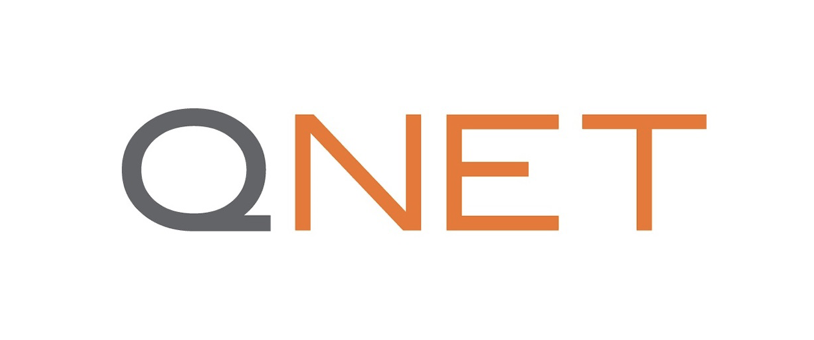Maybe you have heard rumors about people being scammed by financially devastating pyramid schemes and connected it to the direct selling industry. Why is QNET not a pyramid scheme? In this article we will address this exact question.
Let’s start with what QNET is. It is a direct selling company that specializes in health, wellness, lifestyle, and educational products that are sold globally through its proprietary e-commerce platform. Alongside these great products, QNET also offers a direct selling business opportunity wherein customers can choose to start their own sales business by promoting the company’s products to others and earning a commission from successful product sales. This type of business model has been in existence for nearly 100 years. However, it is only in the past 20 or so years that this industry has made inroads in new markets in many emerging economies in Asia, the Middle East, and Africa.
“The challenge is a lack of awareness and legal framework to help the public differentiate between the genuine companies and pyramid schemes,” said CEO Malou Caluza.
A pyramid scheme is a form of investment requiring participants to recruit more participants. Money is given to early participants using the money contributed by later participants. While it’s true that early participants can make money, later participants will make significantly less because it gets more challenging to find people to recruit and pay the entry fees. This type of financial scam is illegal in most countries.
Why Is QNET Not a Pyramid Scheme?
The direct selling company was established in 1998. For 25 years, it has continued to expand its product offerings while evolving its successful business model. Today it has helped millions of people become successful entrepreneurs. It has customers and independent representatives in nearly 100 countries.
The company has survived three recessions, the COVID-19 pandemic and multiple geopolitical conflicts. Moreover, Caluza said, “This industry has always proven to be resilient and adaptable.” On the contrary, scams and pyramid schemes eventually collapse, and the majority of investors suffer financial loss.
Promoters of fraudulent companies continually strive to make their enterprises look like legitimate businesses. Still, at some point, the scam grows too large, it cannot pay earlier investors, and participants lose their money. If it seems too good to be true, it probably is — so here are some red flags to look out for when identifying a pyramid scheme compared to a legitimate direct selling business like QNET.
A pyramid scheme puts the emphasis on recruiting, so if you are being offered money to recruit more people into the scheme instead of selling products, you should be wary.
Is it selling genuine products? If not, beware. Many scam companies offer some sort of tech services, online advertising, or e-books so as to make it harder to prove that it’s a sham. If someone is being paid to do a negligible amount of work — for example, placing advertisements on dubious websites — that person could be part of an illegal pyramid scheme.
If the company promises investors will get rich quickly, it is probably fraudulent. This type of scam usually pays commissions from the money made on new recruits instead of what it makes on product sales. QNET, on the other hand, is not for those looking to make easy money. It takes hard work and persistent dedication to become a successful entrepreneur utilizing the direct selling company’s e-commerce platform.
A legitimate company pays a commission for products sold, not member recruitment. It is also important to understand the compensation plan of the company to learn how it calculates commissions. Be wary of any complex, confusing commission structure.
QNET Isn’t a Scam: It Uses Social Media To Educate Customers and Entrepreneurs
Pyramid schemes and scam operations tend to promote themselves on social media channels and through internet advertising. However, genuine direct selling companies use social media to educate and engage with their customers. QNET has more than 30 different social media channels in eight languages catering to different regions and demographics, through which it strives to educate its customers on its products and services, provide knowledge about the direct selling industry, share tips on building a sustainable direct sales business, and other similar useful information, in a transparent manner. The company also offers a number of free online training and business tools to its distributors to support their journey.
Caluza said, “Once you put in the work and diligently follow the best practices that you are trained in by [the direct selling company], the results will be rewarding.” It may take a while, but it will be worth investing the time and effort.
Since the direct selling industry is still in its infancy in many emerging economies, it’s not adequately understood, and people are wary of it. To refute rumors and false accusations, QNET focuses on education and awareness via social media campaigns, media engagement activities and stakeholder awareness initiatives. Caluza said the company prides itself on being transparent. Everything you’d want to know about the direct selling company is available on its website and social media accounts.
Only a few businesses survive 25 years. That is why QNET is not a pyramid scheme — and it’s a testament to its resilience. It would never have lasted a quarter-century if it were out to scam customers.




